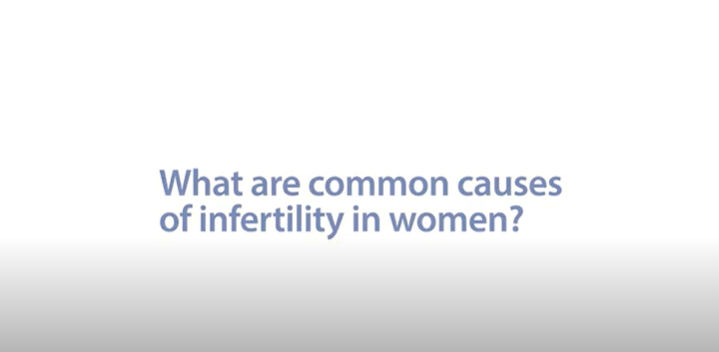When it comes to infertility, the factors women have control over include smoking, excess alcohol use, stress, poor diet, and sexually transmitted infections. If you have been trying to get pregnant for more than a year, reach out to your OBGYN. You can also reach out to your physician if you’re experiencing health problems, like irregular periods, very painful periods, endometriosis, pelvic inflammatory disease, or more than one miscarriage, as they could also be affecting your ability to get pregnant.
Will the COVID-19 vaccine affect my ability to get pregnant?
The CDC currently recommends that anyone 12 years of age and older receive the COVID-19 vaccine, including women who are pregnant or might become pregnant. There is no evidence that the vaccine antibodies affect fertility in men or women. In a study, researchers compared pregnancy rates among women—those who either built up antibodies from the COVID-19 vaccine or a recent COVID-19 infection or had no antibodies at all—and found no differences in the rates for each group. Many people have become pregnant after receiving the COVID-19 vaccine, including some who got vaccinated during the COVID-19 vaccine clinical trials.
How do I treat polycystic ovary syndrome (PCOS)?
Polycystic ovary syndrome affects a woman’s ability to ovulate and then become pregnant. While PCOS cannot be cured, there are ways to manage the symptoms of the condition. Treatment options may vary, ranging from lifestyle changes, medication, or surgery, based on your symptoms.
Lifestyle changes include regular exercise and eating a healthy, balanced diet that includes five servings of fruits and vegetables a day, whole foods, and lean meats like fish and chicken. There are different medications available to treat the varying symptoms associated with PCOS, like irregular or absent periods, fertility problems, unwanted hair growth or loss, and acne problems. There is also a minor surgical procedure, laparoscopic ovarian drilling (LOD), that could treat PCOS if medication does not work.
What are the first symptoms of endometriosis?
The endometrium is the inner lining of the uterus, which sheds during menstrual cycles. Endometriosis is the planting of this inner lining somewhere other than the inner wall of the uterus. The abnormally located endometrial tissue responds to natural hormone fluctuation, the same as regular tissue located on the inner wall of the uterus. Thus, symptoms depend on the cyclical production of your hormones and the location of the tissue.
These symptoms include pain during menstrual periods, heavy or irregular bleeding, lower abdominal or back pain, infertility, pain during intercourse, and more. Endometriosis is diagnosed through examinations including laparoscopies, studying tissue samples, ultrasonography imaging, and MRI imaging. So if you’re experiencing any of the previously mentioned symptoms, visit your gynecologist for further testing.
If you have any more specific questions, schedule a virtual visit or in-person visit with a Baylor St. Luke’s Medical Group OBGYN to get your answers.





